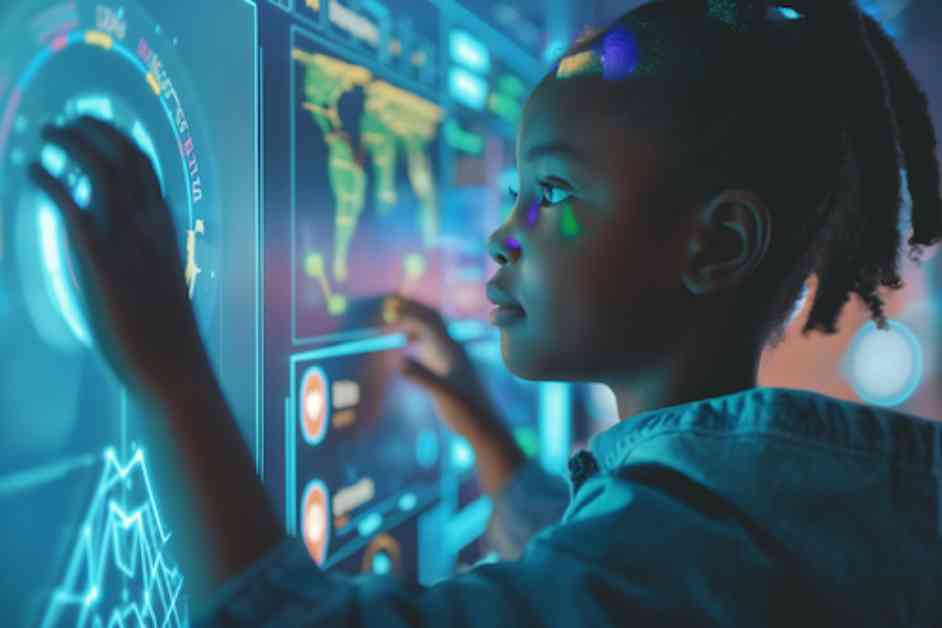As educators and society as a whole grapple with the implications of integrating generative AI into the world, including education, looking to science fiction can provide valuable context for these conversations. By delving into fictional narratives, we can gain insight into the ethical, social, and practical considerations of AI technologies.
Science fiction serves as a mirror reflecting contemporary social issues, allowing readers to engage with and analyze these problems within a speculative context. This engagement cultivates empathy and a deeper understanding of diverse perspectives, making it easier to discuss contentious issues in a more abstract and less confrontational manner. Through exploring hypothetical scenarios and moral dilemmas in fiction, educators and students can enhance their critical thinking skills and ponder the consequences of current societal trends and technological advancements.
Fiction thus becomes a powerful tool for fostering meaningful dialogue and promoting a nuanced understanding of contemporary social challenges. With the current concerns surrounding generative AI, turning to the visions of science fiction authors can aid educators in navigating these conversations in both secondary and higher education settings.
For instance, classics like Asimov’s “I, Robot,” Heinlein’s “The Moon is a Harsh Mistress,” and Gibson’s “Neuromancer” present thought-provoking scenarios that delve into the ethical implications of AI development, the potential for AI to surpass human intelligence, and the impact of AI on human identity and moral responsibility. More recent works like Ishiguro’s “Klara and the Sun” and Jonze’s film “Her” explore themes of artificial companionship, emotional intelligence in AI, and the evolving relationship between humans and technology.
Beyond fiction, books like Scharre’s “Four Battlegrounds” and Mollick’s “Co-Intelligence” offer valuable insights into how AI is shaping global security, warfare, and human freedom, as well as the potential impacts of AI on society in the near future.
By drawing parallels from science fiction, dialogues about integrating generative AI into education can be enriched, allowing for a deeper exploration of the multifaceted implications of AI. Through examining these fictional scenarios, educators and students can develop a more holistic understanding of the potential benefits and challenges of AI, equipping themselves for the complexities of a technologically rich future.
In this way, literature serves not only as a source of imagination but as a critical framework for fostering critical thinking and facilitating meaningful discussions about the role of AI in education and society at large.

